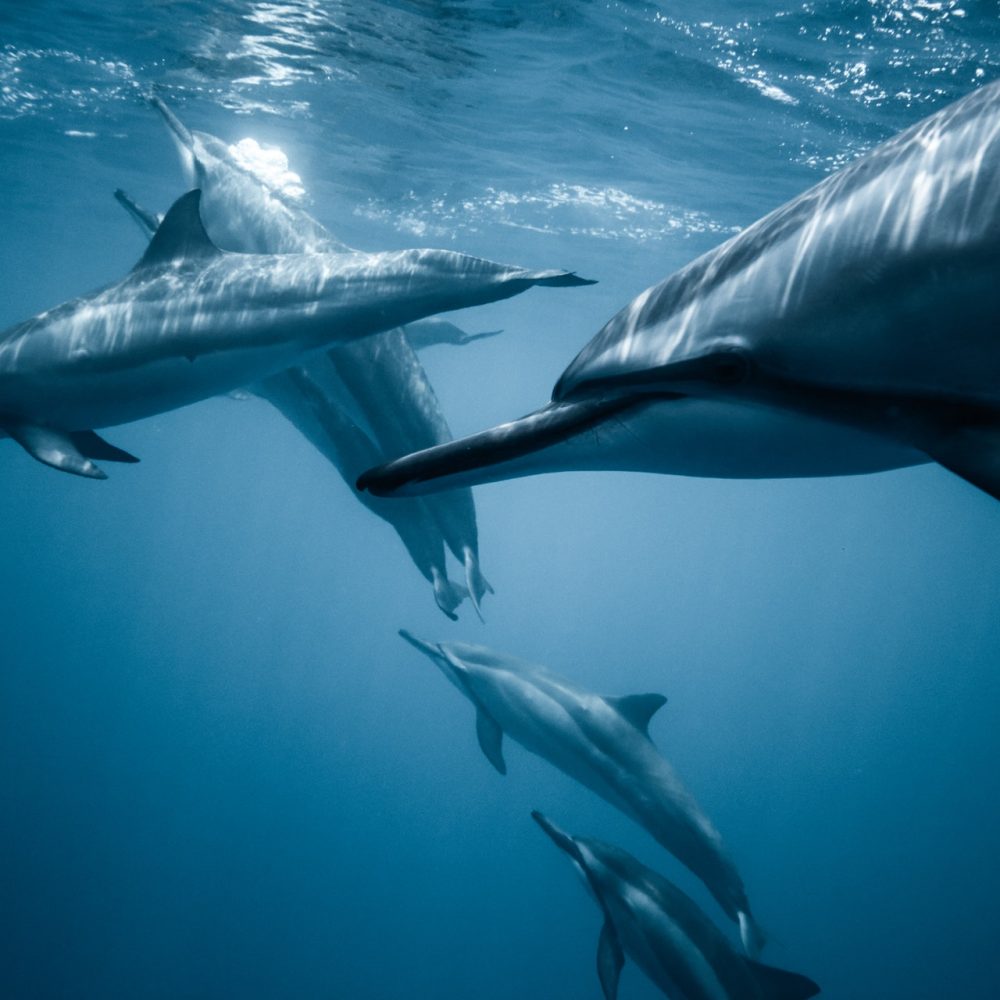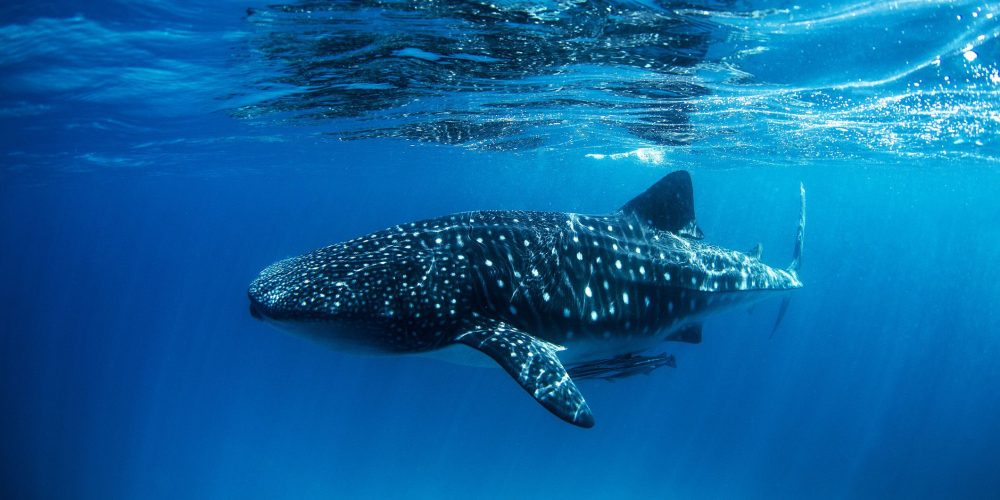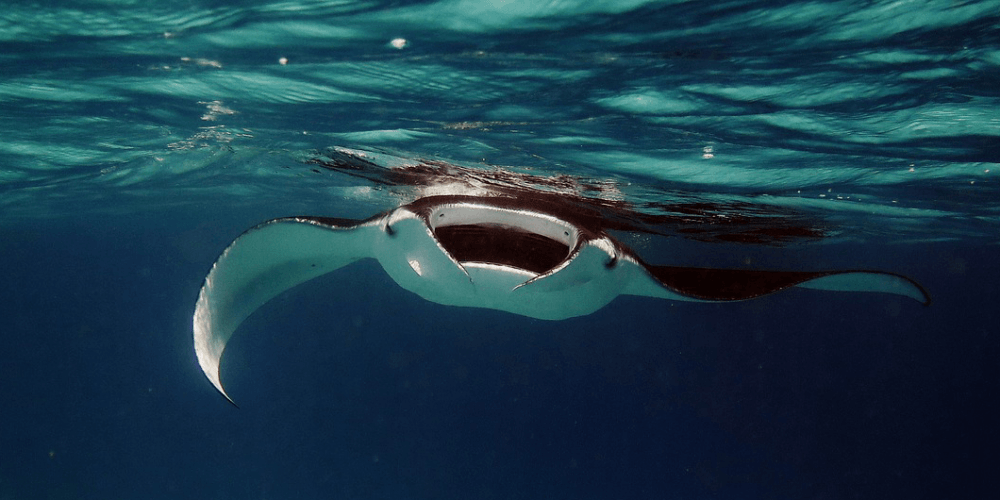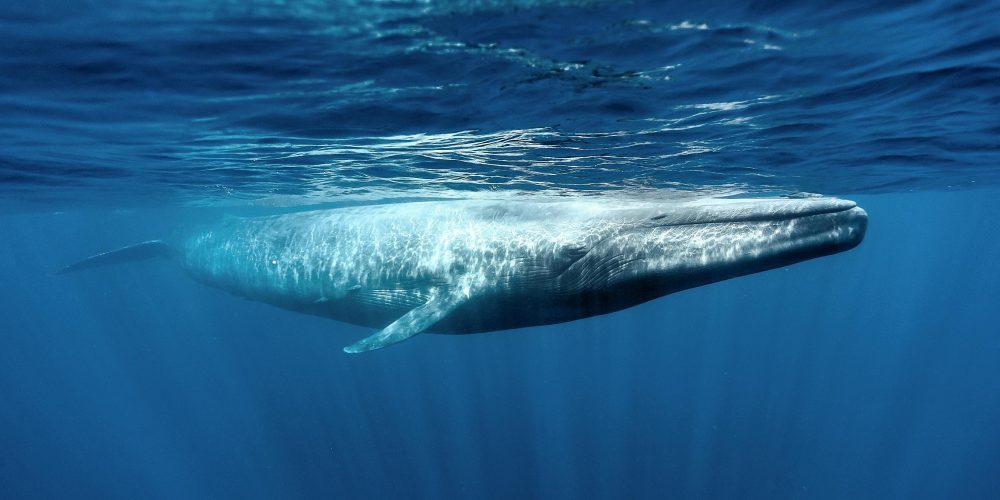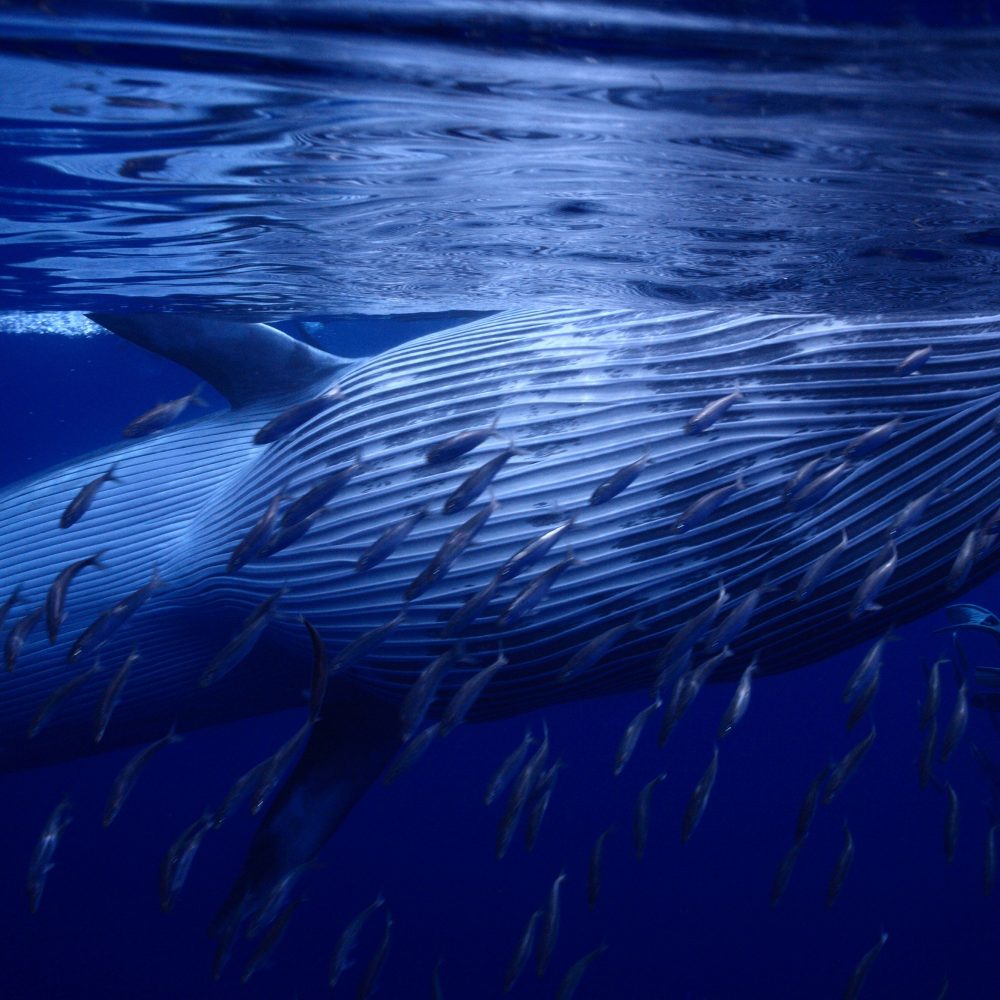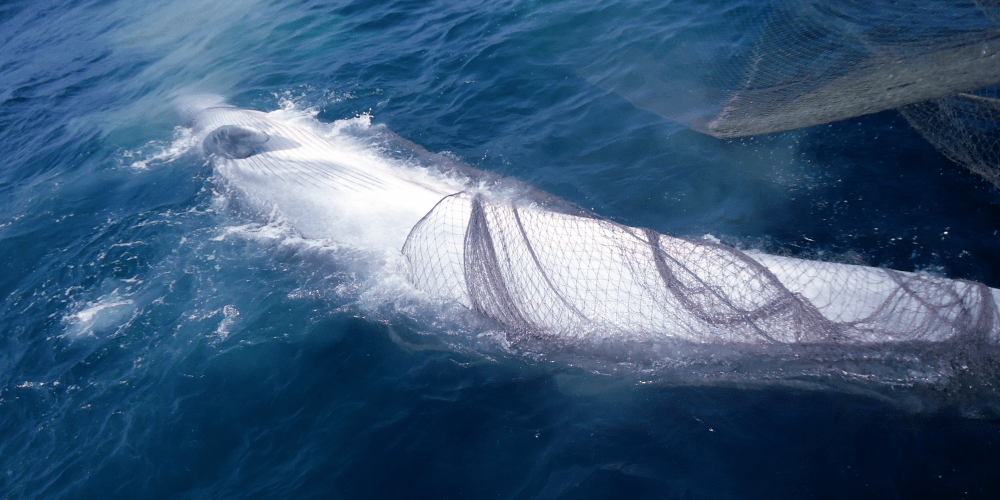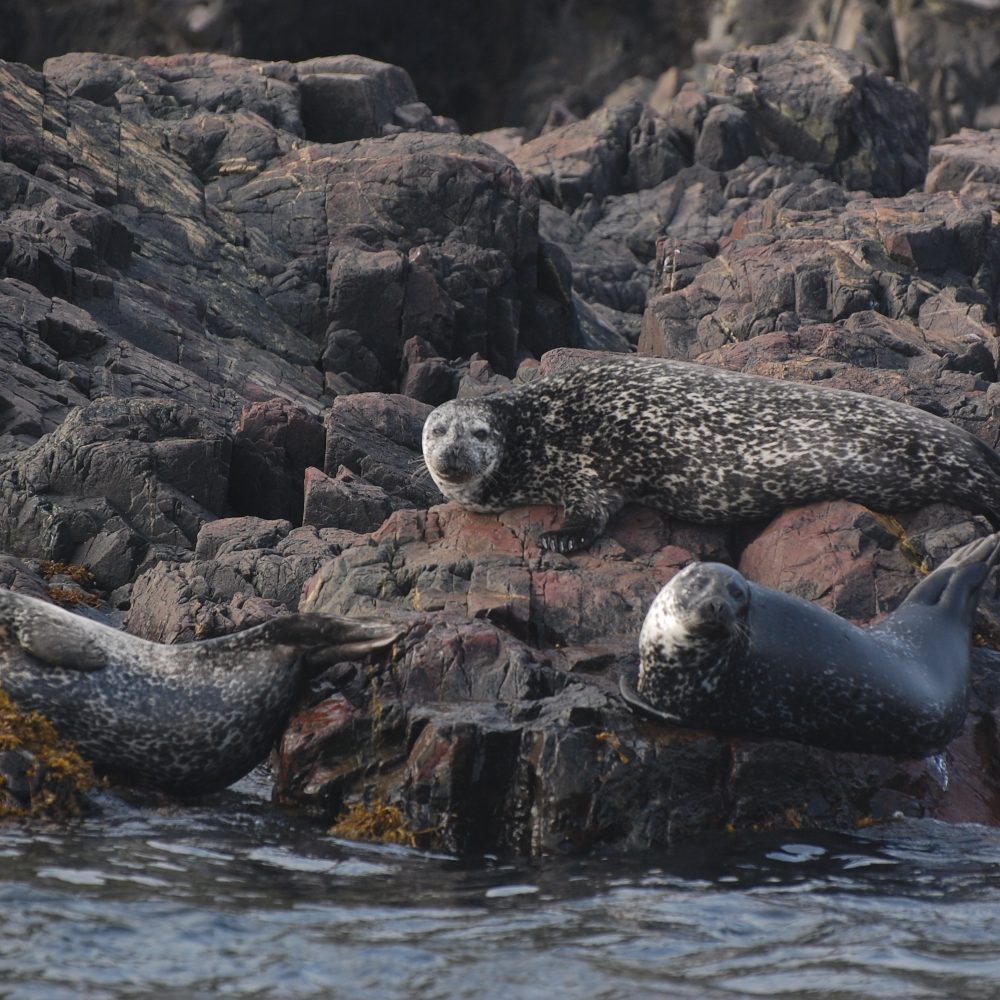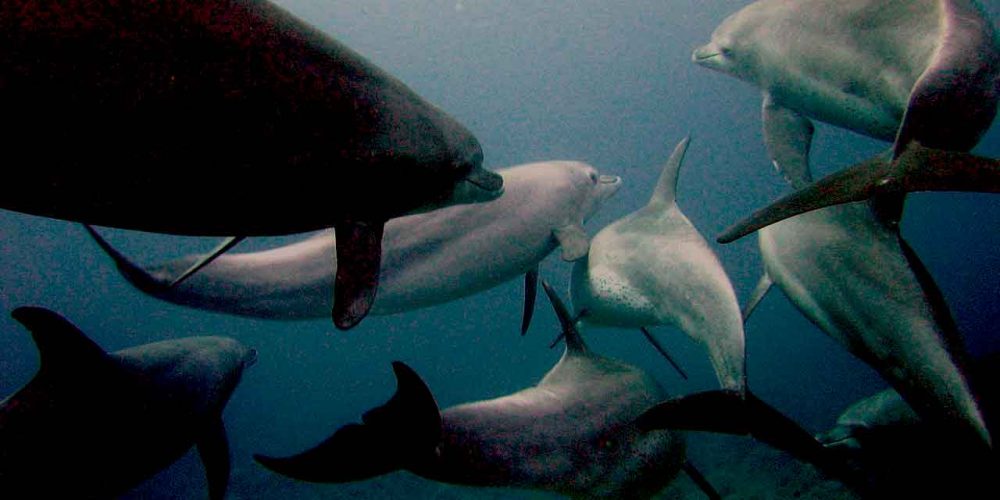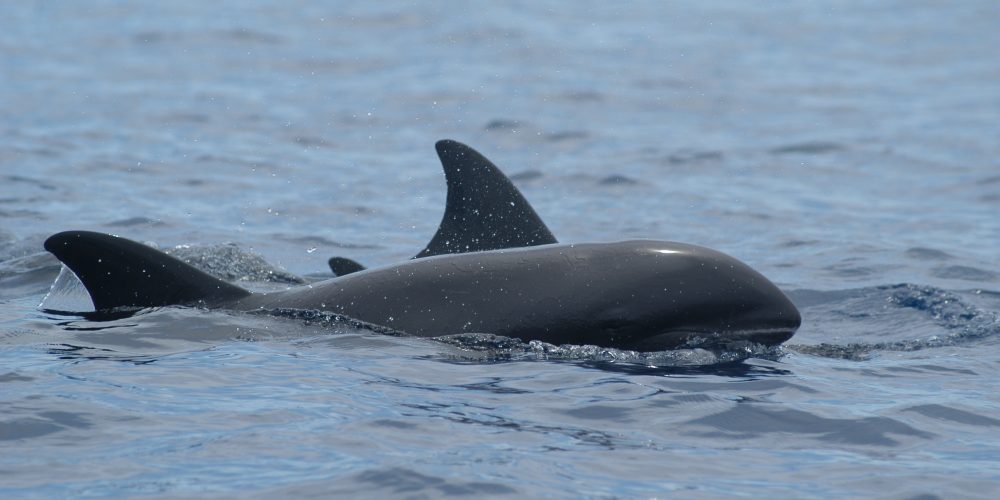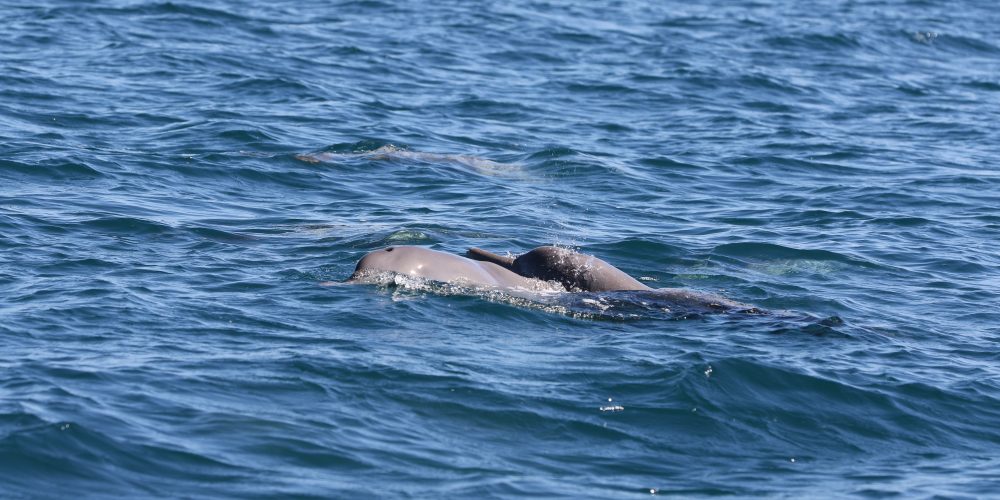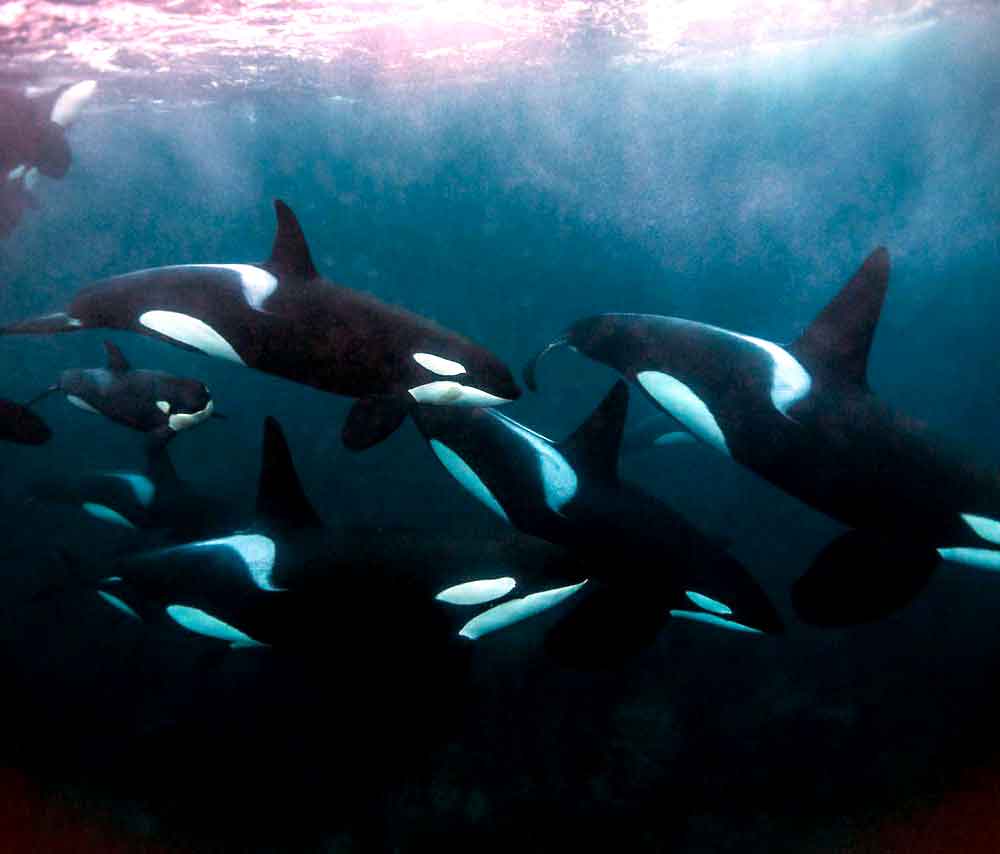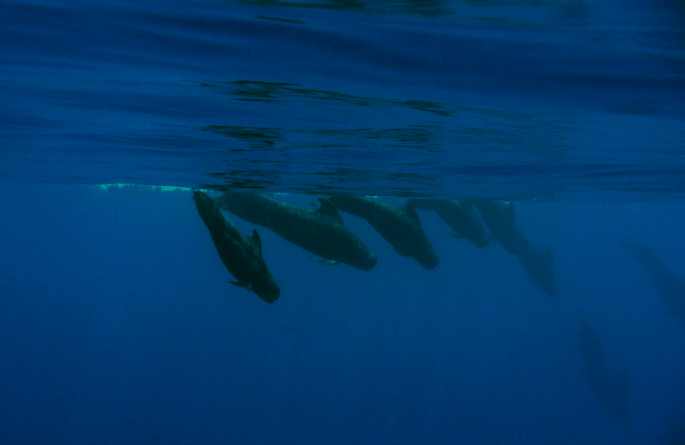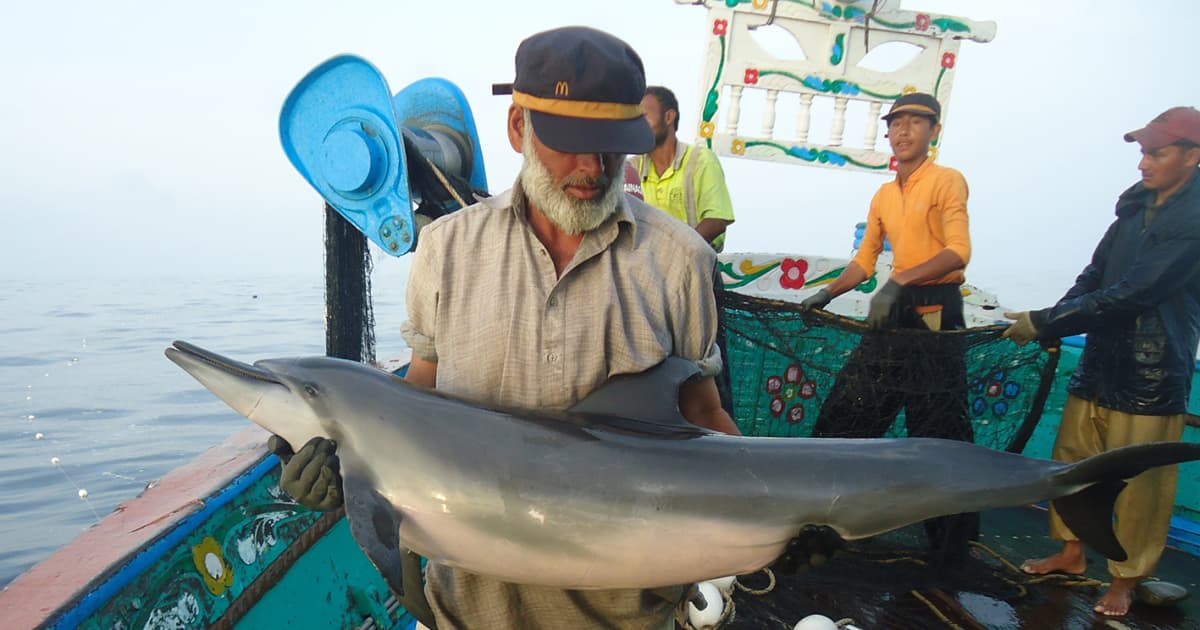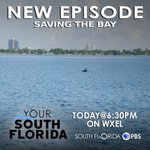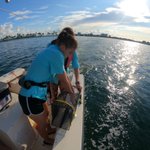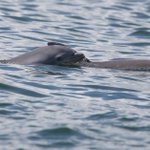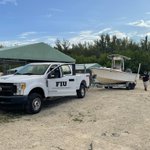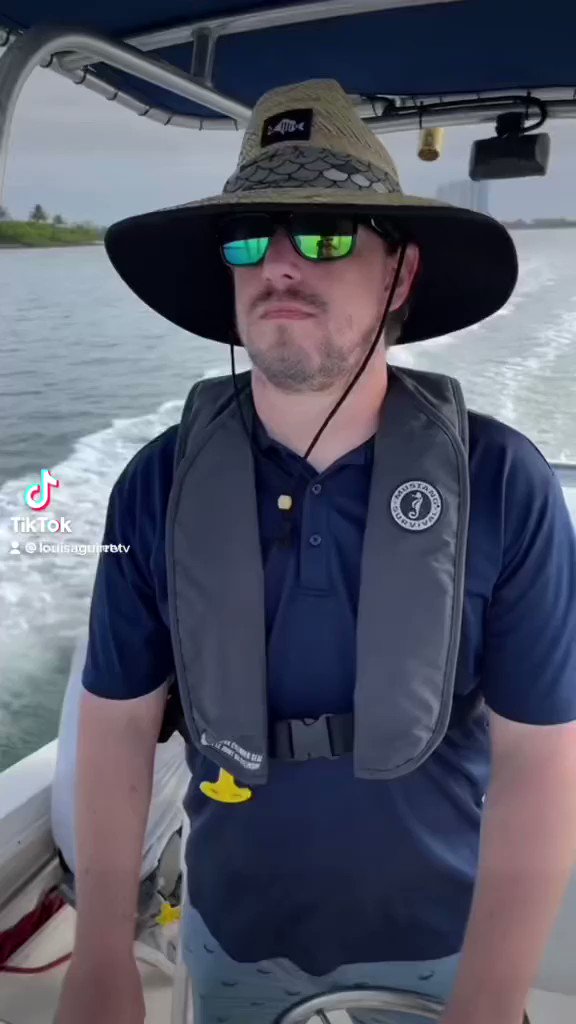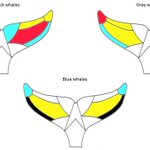Our lab investigates the ecology, behavior and conservation issues of charismatic marine megafauna. We focus our research on investigating how ocean ecosystems affect the ecology and behavior of marine mammals and other marine vertebrates and how these large and long-lived species can influence community and ecosystem dynamics. In addition, we assess how long-term and acute anthropogenic impacts affect populations, and we develop solutions to mitigate these impacts in a cost-effective way. The Marine Conservation Ecology lab welcomes students interested in developing new ideas, and empowers creative minds to make waves in ocean conservation.
We study marine megafauna worldwide from subpolar to tropical waters
The Marine Conservation Ecology Laboratory was created in 2019 by Dr. Jeremy Kiszka, Assistant Professor at the Department of Biological Sciences of FIU. The lab is also part of the Institute of Environment.
“Addressing conservation issues of marine mammals and other endangered marine species has never been as challenging as today; however, I believe we can make a difference.”
Dr. Jeremy KiszkaPrincipal Investigator
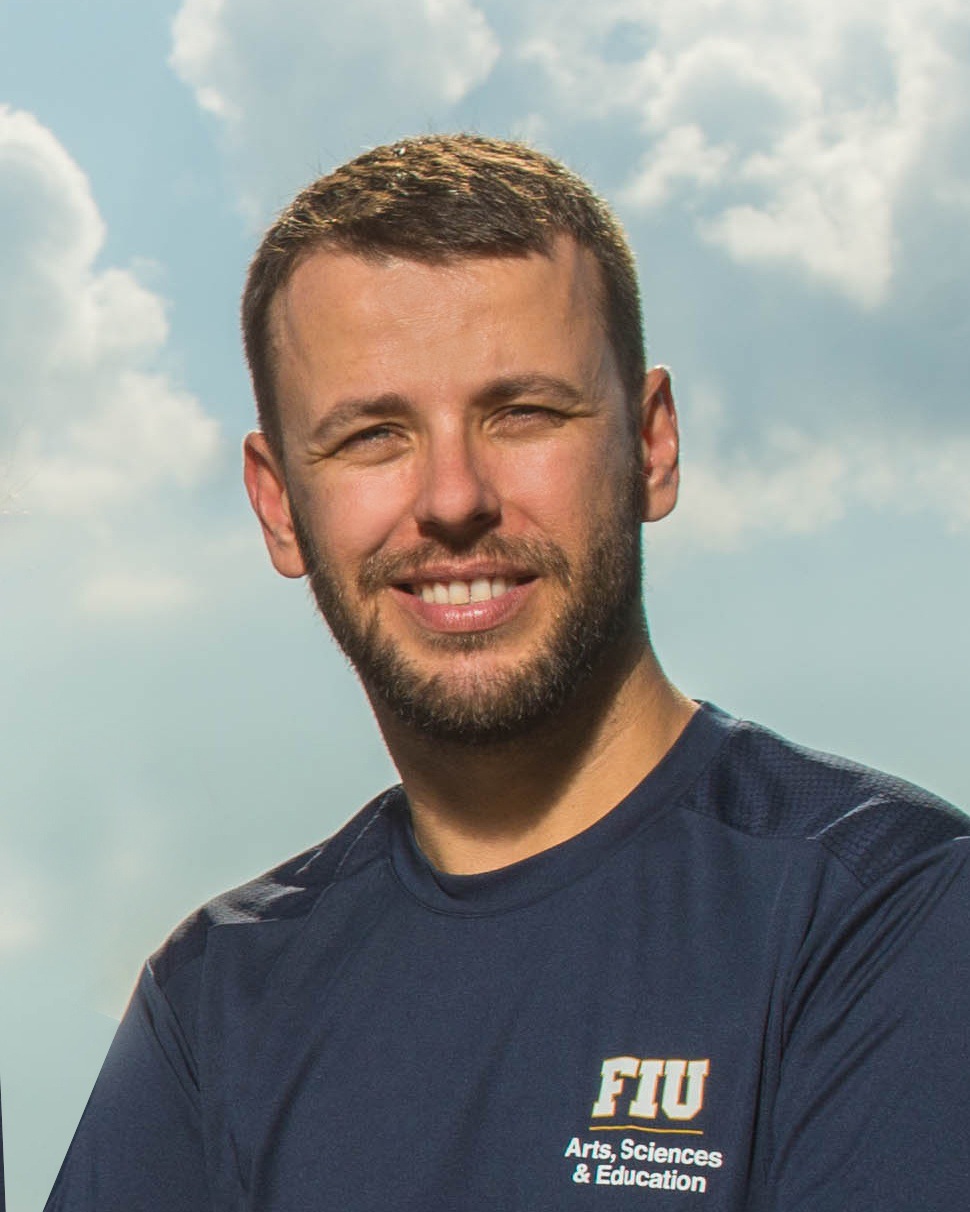
Marine megafauna faces major conservation challenges globally due to bycatch, overfishing, habitat destruction, and climate change
Marine mammals and other megafauna are highly charismatic species. They feed at a variety of trophic levels, occur from coastal to open-ocean ecosystems, and are found across virtually all latitudes. Due to their high historical – and sometimes present-day – abundances, capability for large-scale movements and highly variable metabolic rates, they have the potential to affect the structure and function of ecosystems through a variety of mechanisms over both ecological and evolutionary time.
We partner with national and international institutions worldwide
Our work is highly collaborative in nature, and the success of our projects depends on our partnerships. We collaborate with a range of organizations: international organizations, national and international research institutions as well as local non-governmental organizations in countries where we work. If you want to collaborate with us, please contact us.
